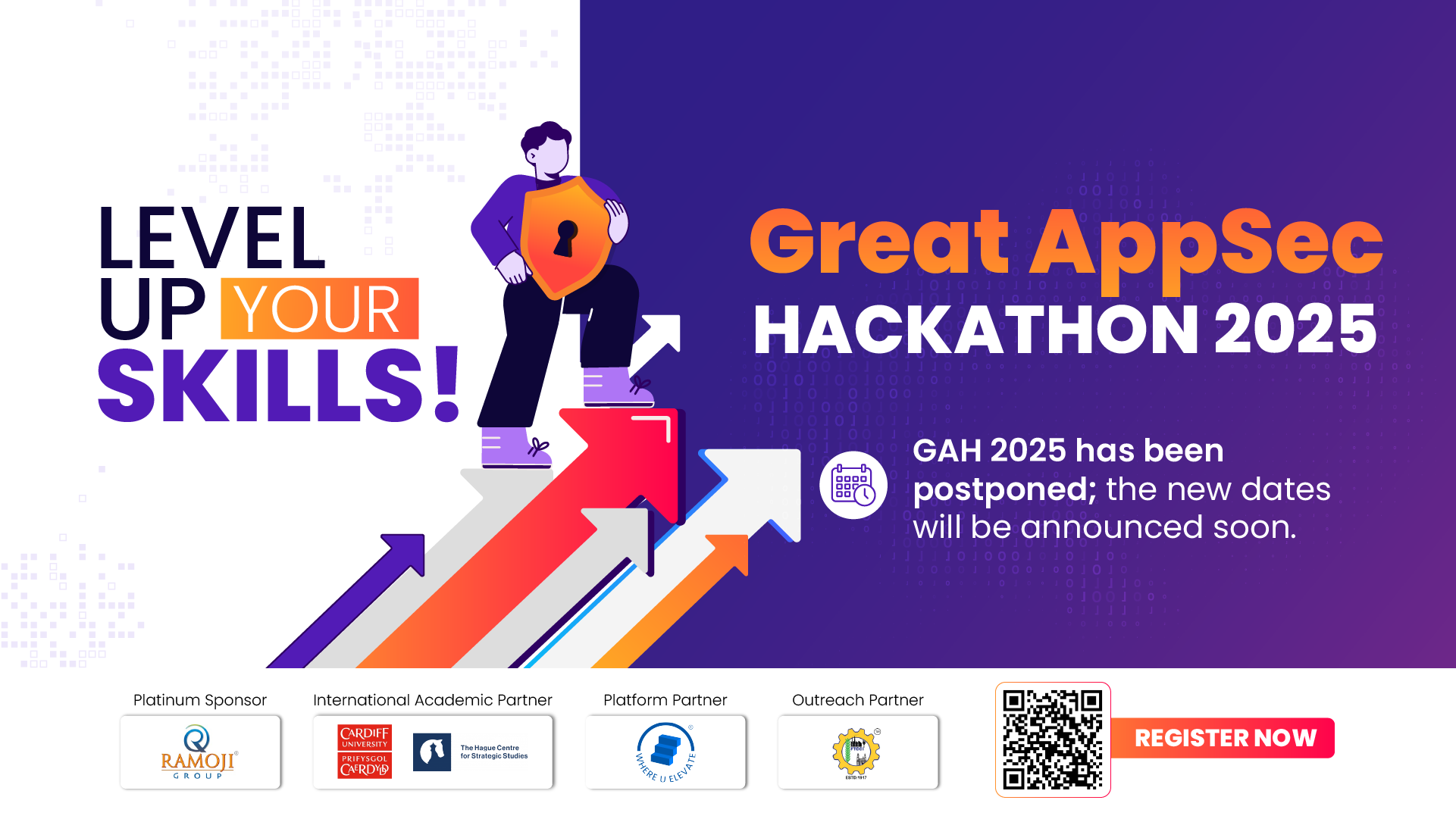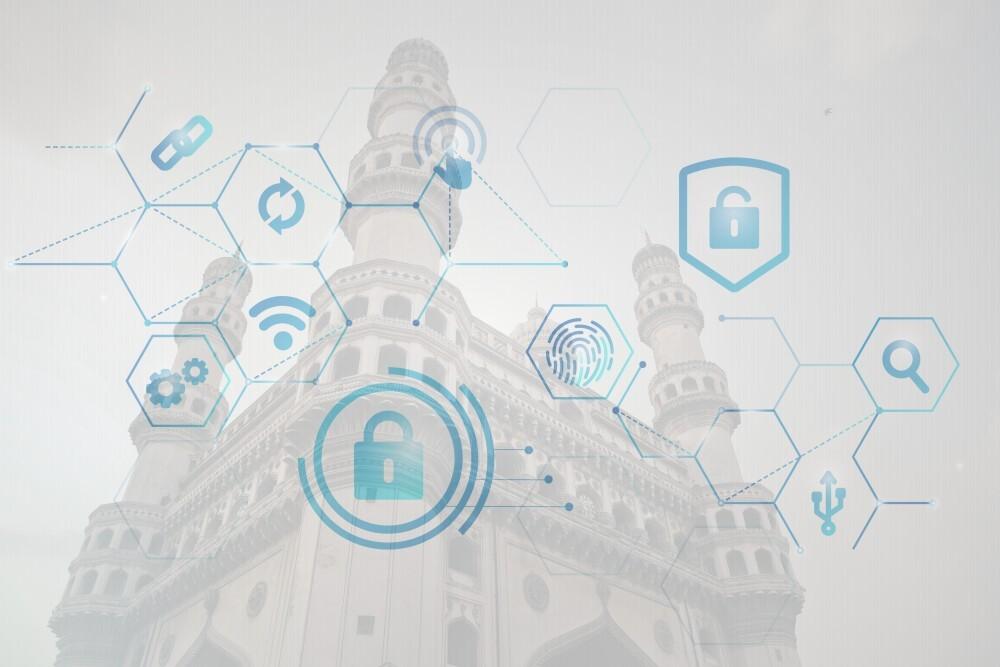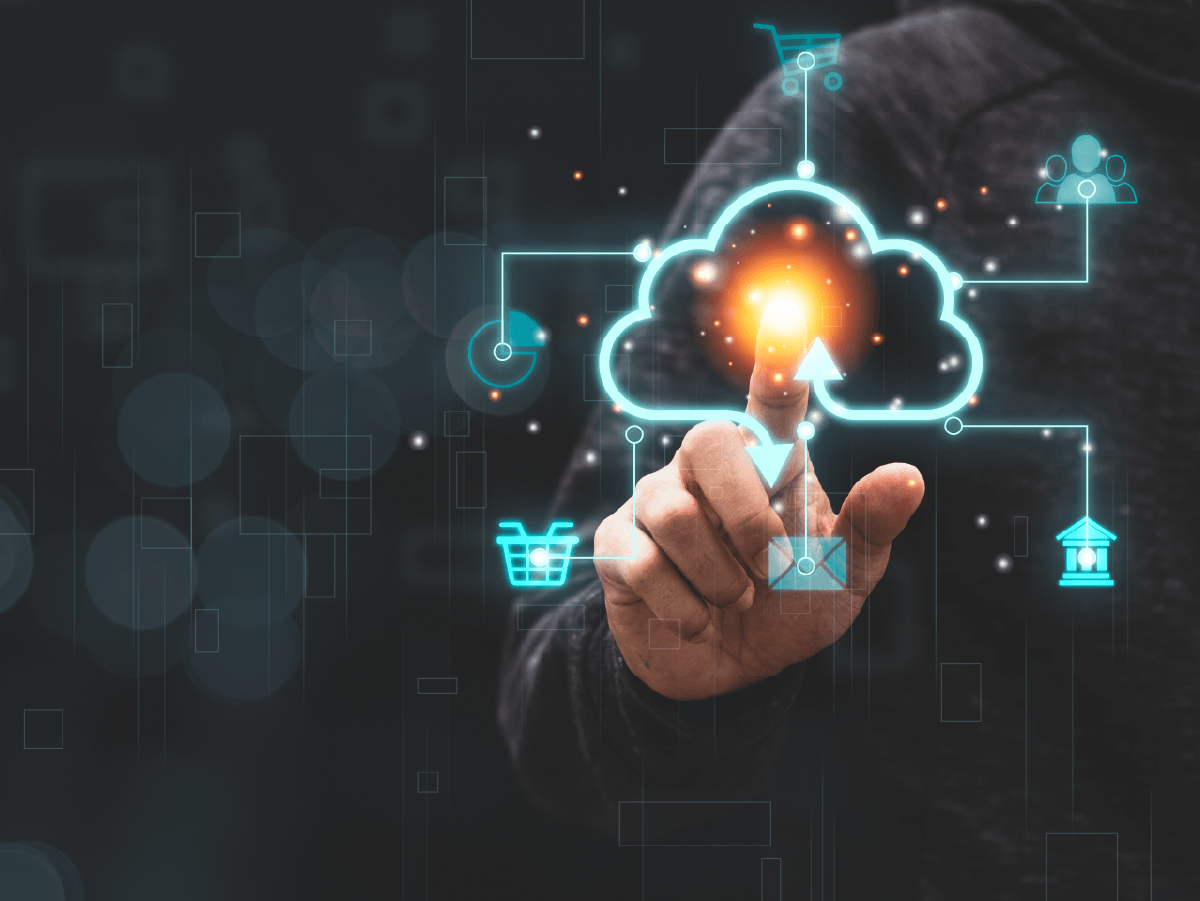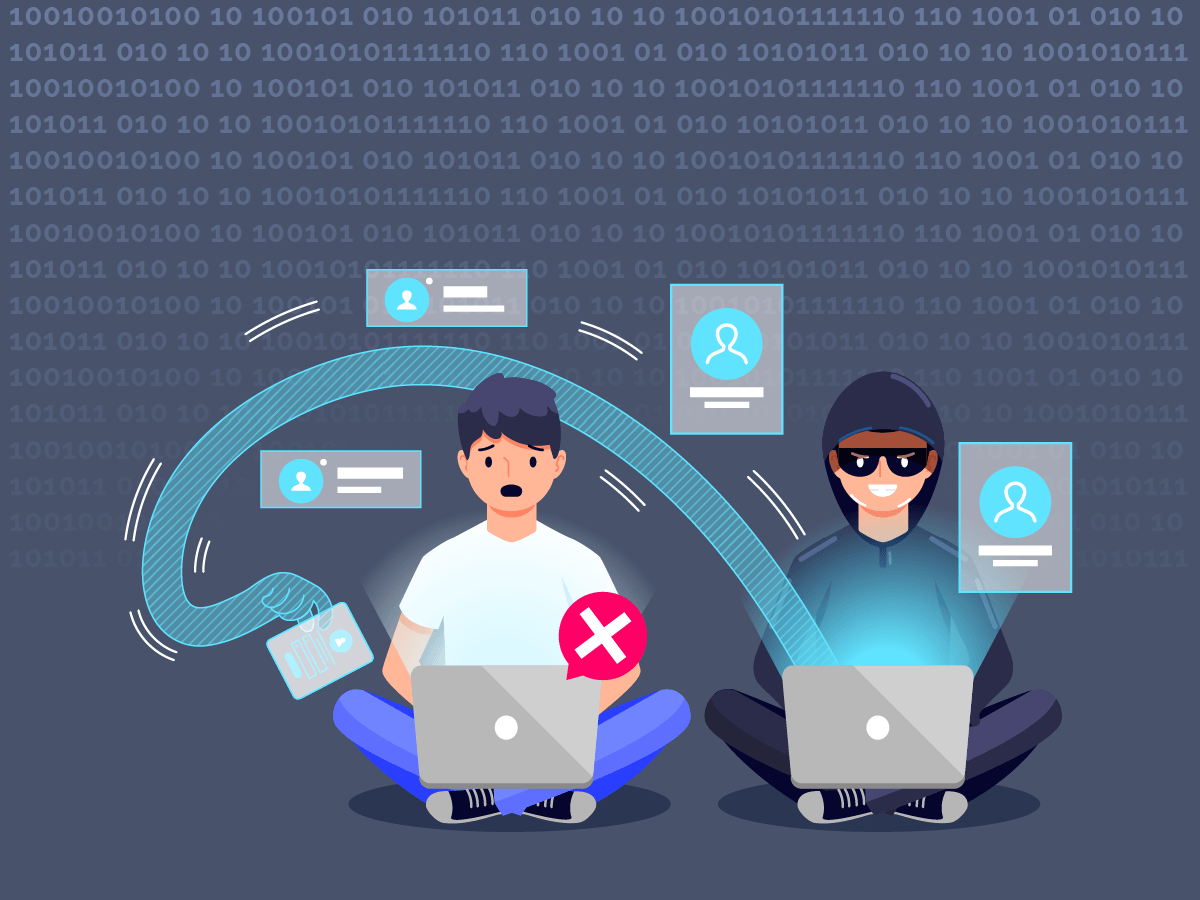
In recent years, Artificial Intelligence (AI) has undergone rapid evolution and is poised to exert an influence across multiple industries, primarily through automation. AI’s transformative impact is already evident in sectors such as healthcare, transportation, entertainment, finance, and more.
This transformation is revolutionising how businesses operate, innovate, and serve their customers. AI’s potential to enhance productivity, streamline processes and derive valuable insights from vast datasets has made it a key player across industries.
The world is relying heavily on digital platforms for all their needs, like online shopping, working and learning on online platforms, communicating through social media, etc. This increased reliance raises concerns about data privacy and other cyber-threats. Cybercriminals can even use AI to automate attacks or impact data, which is one of the challenges for cybersecurity in AI era.
Let’s explore the pivotal role of cybersecurity in AI era, highlighting the importance of protecting sensitive data and digital infrastructure.
AI’s Growing Impact on Cybersecurity
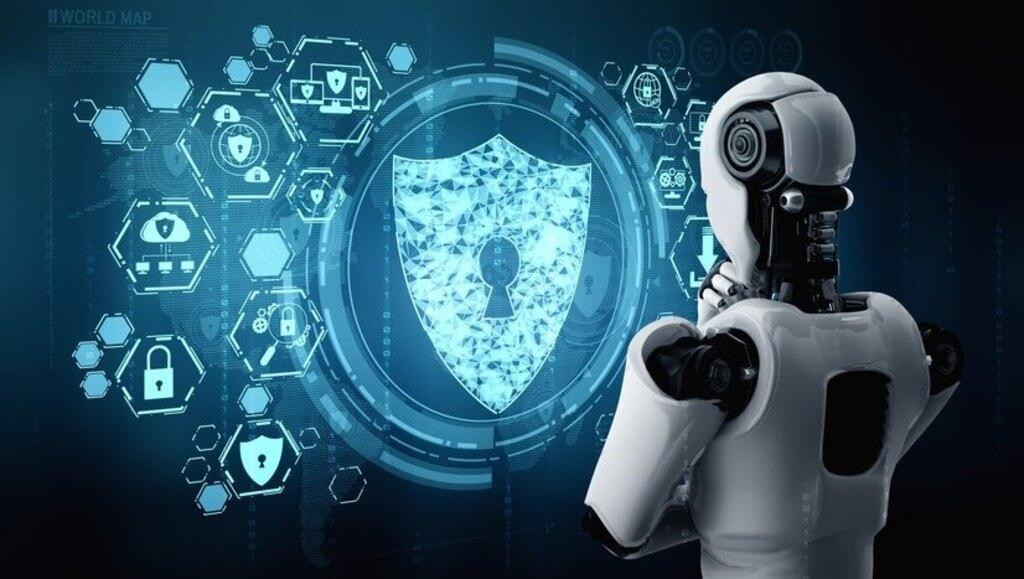
There has been a surge in cyber threats and attacks as AI is being integrated widely in various sectors, which emphasises the importance of cybersecurity in AI era.
The following are a few of the reasons why it’s happening :
1) The number of entry points has increased for cybercriminals as AI is being integrated almost everywhere from home devices to industrial systems.
2) AI can analyse vast amounts of data that can also be used for personalised phishing.
3) Some organisations are relying heavily on automated defences not realising that if these systems get compromised it can turn into a major challenge.
A cyber-attack on an organisation affects both its finances as well as its reputation. Moreover, a compromised AI system can even jeopardise national security. Taking all these factors into consideration, it becomes crucial to improve cybersecurity in AI era
Understanding Cybersecurity in the AI era
AI has undoubtedly brought convenience to our lives, but it has also presented new opportunities for cybercriminals. These malevolent actors can exploit AI’s vulnerabilities for their own benefits, often with reduced risks of detection. AI’s capability to generate convincing fake content poses a significant concern, as cybercriminals can employ this technology to collect information more efficiently. Moreover, the risk of social engineering is exacerbated, making it imperative to address these emerging challenges.
Currently, ‘AI bias’ is also becoming a growing concern. AI algorithms can favour certain groups based on past data, potentially leading to unfair outcomes. Additionally, AI’s integration opens the door to cybersecurity risks. It’s crucial to focus on cybersecurity in the AI era to address these challenges and ensure equitable and secure AI usage. All these threats explain why cybersecurity in the AI era should be given utmost attention.
Research and Development in AI-Enhanced Cybersecurity
AI is one of the most efficient and powerful tools to be used against cyber-threats. The integration of AI tools, though poses benefits in many ways, also brings in a plethora of complexities which requires us to strengthen cybersecurity in the AI era:
AI-driven threat detection systems : These systems can analyse vast amounts of data to detect threat patterns and anomalies.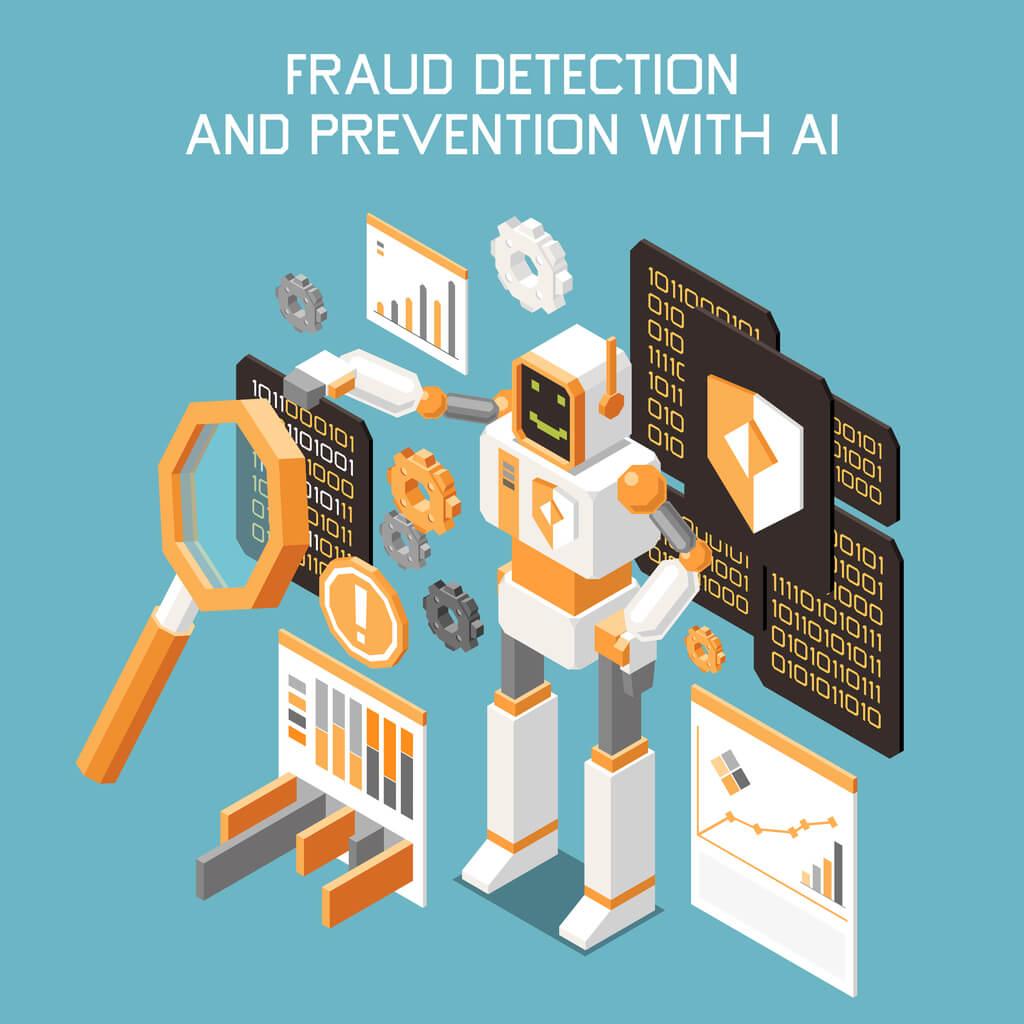
Phishing detection : AI can be trained to recognise phishing emails, from the email’s content and structure.
Malware analysis : It can detect and prevent malicious software that can cause severe damage to the system.
Image and video analysis : AI-powered video surveillance can help detect physical security breaches.
Although AI brings along a few vulnerabilities, it also gives us effective solutions that can be used to fortify our digital protection.
Looking Ahead: Securing the Future with AI
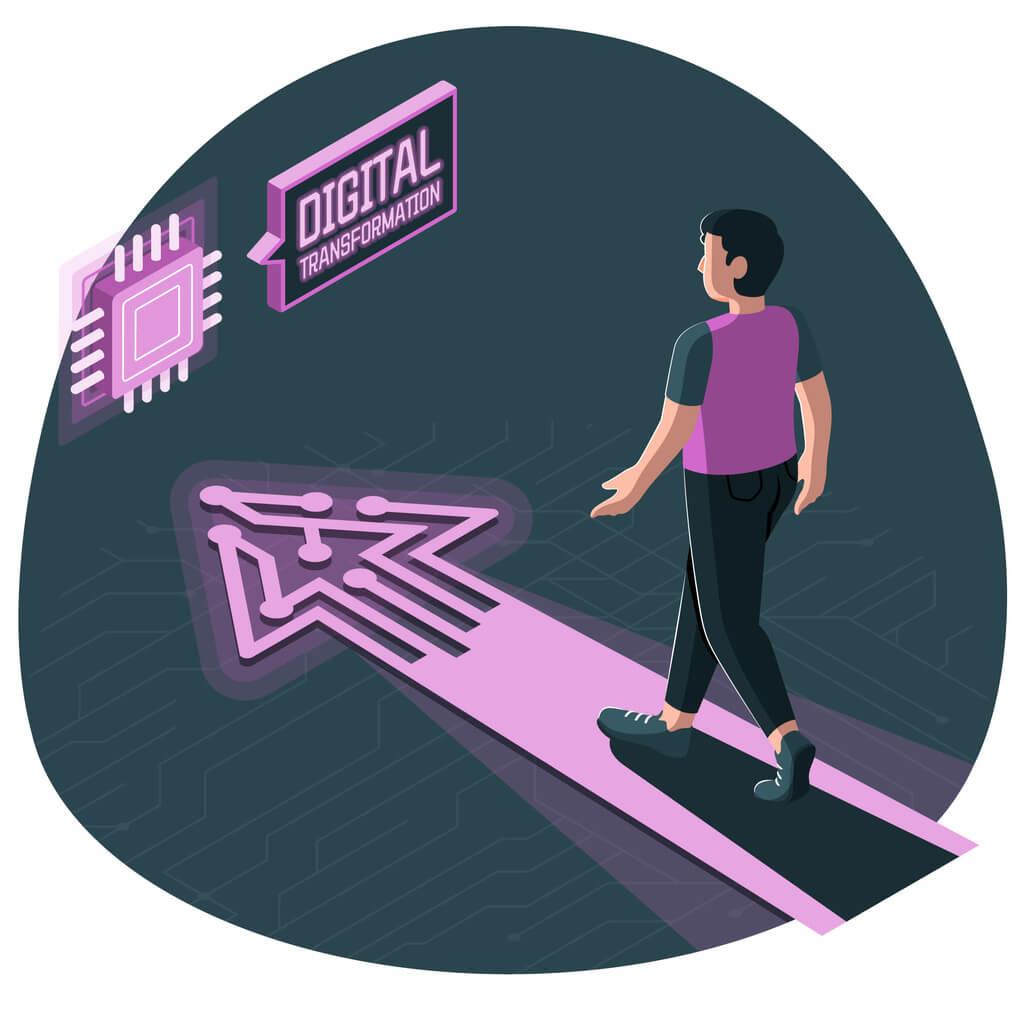
In the AI era, the future of cybersecurity in India holds great promise, with AI playing a pivotal role as a shield against evolving cyber threats. AI-driven cybersecurity solutions empower organisations to safeguard their digital assets in the cybersecurity in AI era proactively. The technology has the capability for predictive analysis through which it can anticipate and detect threats by analysing user behaviour and threat patterns, ensuring a proactive approach to threat resolution.
AI provides adaptive defence tactics, featuring real-time threat responses, advanced cyberattack simulations, and dynamic risk adjustments based on thorough assessments of organisations and systems. This approach is vital for outpacing cyber adversaries in India’s evolving digital domain.
Conclusion
In conclusion, the growing integration of Artificial Intelligence (AI) across various industries has ushered in both opportunities and challenges. As AI becomes more pervasive, the need for robust cybersecurity in the AI era becomes increasingly critical. AI-driven cybersecurity solutions offer proactive threat detection, phishing email recognition, malware analysis, and advanced video surveillance. These capabilities enhance our digital protection and help mitigate the evolving cyber risks posed by AI.
As we look ahead, cybersecurity will continue to play a pivotal role in securing our digital landscape and realising the full potential of AI in a safe and secure manner. In the midst of the AI revolution, CCoE recognises the evolving threats it can bring. As deep-fakes, social engineering and automated attacks become prevalent, the importance of cybersecurity grows. The strengthening of cybersecurity in AI era can help us immensely in dealing with the possible cyber-threats that come along with the integration of AI.
The Cybersecurity Centre of Excellence (CCoE) is a dynamic tech ecosystem of startups, companies, and innovators based in Hyderabad, India. Our primary mission is to develop effective cybersecurity solutions, foster a safe cyberspace and make India the global cybersecurity hub. CCoE is a joint effort between the Government of Telangana and DSCI, created to boost India’s IT ecosystem. We achieve our goals by incubating startups, organizing workshops, providing training programs, participating in local and international initiatives, and much more.
